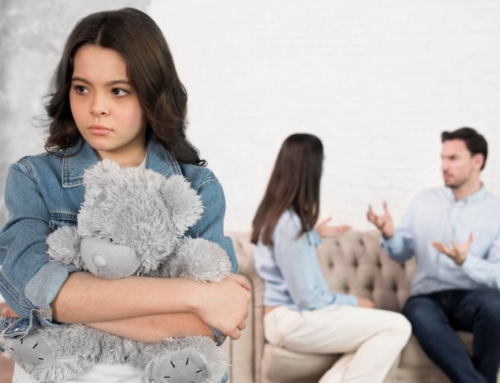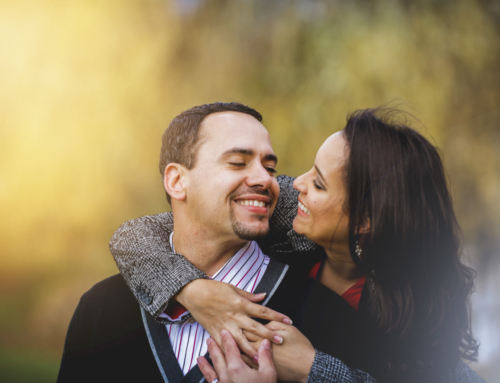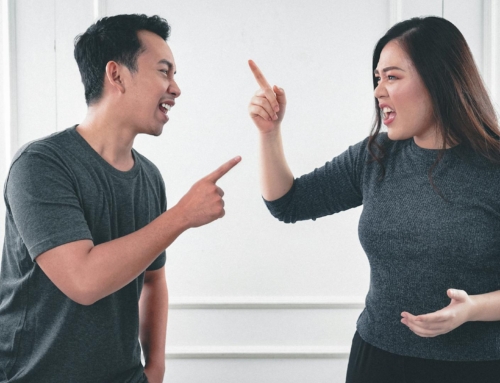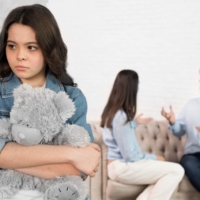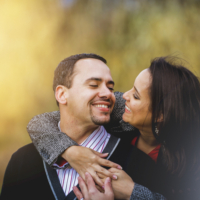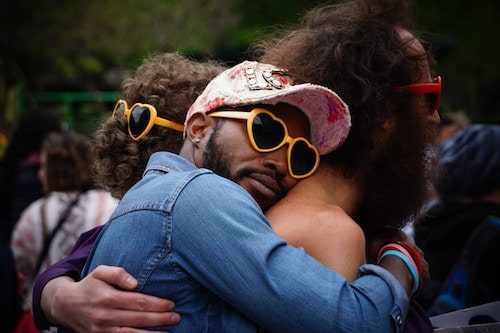 Lately, I’ve been putting focused attention on Trust… what it means, how it feels to receive it from someone, from myself.
Lately, I’ve been putting focused attention on Trust… what it means, how it feels to receive it from someone, from myself.
We use this word all the time, usually when we are talking about betrayal, less often when we are referring to ourselves.
When it comes to being in a romantic relationship, trust is something that is best first developed in the relationship to oneself. If I trust myself, I have an easier time trusting you. Let me explain.
Recently, I told someone I am currently dating “I trust you.” (Mind you this is someone who I told myself I did not trust for many years, after we dated the first time and he ended up choosing another woman to pursue relationship with.) His response fascinated me: “I trust myself.” In the moment I thought what a strange reply-shouldn’t he have said “thank you,” or “you should,” or “that’s good.”
Here’s why it’s so freakin cool that he said, “I trust myself.”
Trust is an ongoing inquiry in relationship with other. It shifts moment to moment through actions. Some actions are trustworthy, a trust marble goes in the jar, some are not, a trust marble comes out. We evaluate trust by the moment. In this moment I am trusting you, in the next moment when you don’t text me back for 6 hours, I don’t.
I’m sure you can already feel the emotions bubbling of how utterly maddening this can be. We want to trust, we yearn to trust, but our mind plays tricks on our heart and the whole thing can become one rollercoaster ride of a mystery tour.
What if there was a way to be solid in a belief of trust in the other…
…even with the reality of moment to moment trust marbles going in and going out with each action and behavior. This could sound something like “ I trust you,” AND “I feel untrusting in response to X behavior.” What we are saying is, “I trust the goodness of your heart.” What it doesn’t mean is “I trust that you will always behave in a way that prevents pain and confusion in my heart, and if you do cause pain, you are therefore untrustworthy.”
Maybe someone you are dating is not the most reliable when it comes to phone communications: “I trust the goodness of your heart, AND I don’t trust that you will communicate with me in a reliable fashion.”
When we say, “I trust you,” we are saying I believe in your good intentions enough to continue to be vulnerable with you.
In this way, saying, “I trust you,” is really a statement of commitment to the relationship; to commit to being vulnerable with the other person in order to continue building the close, secure bond of a healthy relationship.
When we say, “I trust you,” it is not to mean, “I trust you will never hurt my heart.” What it is stating is, “I trust that when my heart is hurting, as long as I am available for repair (aka not being abusive towards you) you will hold my heart in a good way. You will take action to rebuild trust through taking accountability, showing remorse, and allowing me to visit my hurt with you without collapsing into defensiveness.”
Here’s where we get to the nectar of the this amazing connector that is Trust:
When we trust ourselves, we trust that no matter how bad we f*ck up, how much disappointment we have caused in ourselves and/or our partner, we trust that we will respond with the highest power of love towards ourselves and to other. We will lean on the goodness of our heart, and choose to keep that heart open when it would be 100x easier to close, dump the entire jar of marbles on the kitchen floor and let the rainbow glass balls of hope roll away with defensiveness, gas lighting, stonewalling, into the dirty air vents of lost love never to be seen again.
To the man who I didn’t trust, then did, and he that trusts himself: “I trust you because you trust yourself.”
“I trust myself and therefore I can trust you.”
 Marni Levy, MFT Counselor
Marni Levy, MFT Counselor
Marni Levy is a licensed marriage and family therapist. Her work with couples is a compassionate and loving approach which honors the anger and frustration that comes up when the bond is being threatened and transforms reactive cycles into positive, connected cycles of empathy and repair, emotional responsiveness and affection. Areas she works in: navigating conflict, assertiveness, expressing feelings and needs, physical/emotional intimacy…
This is not something that may happen right away, but with faith and practice comes the cultivation of the seasoned, trustworthy heart. This is what makes one trust themselves, trust their partner, and trust the universe.
 Call Us Now
Call Us Now